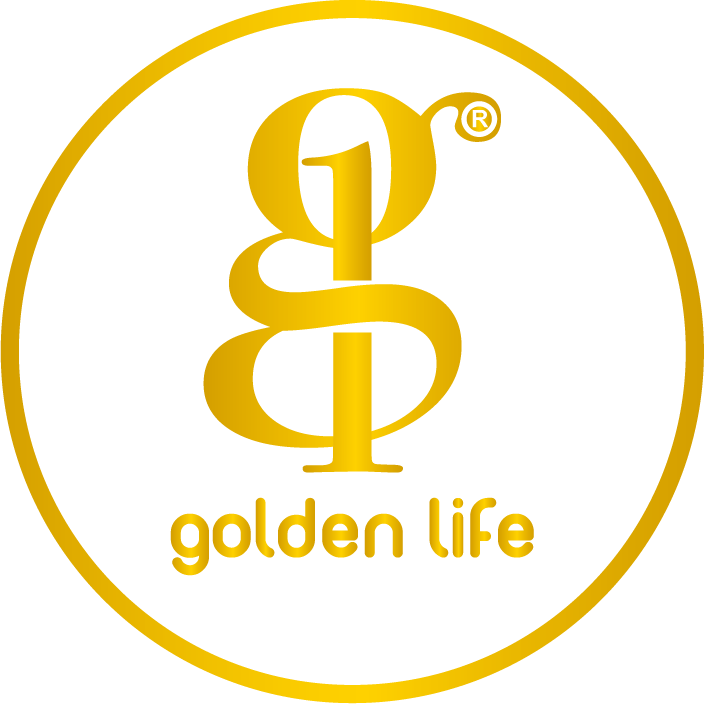Forskolin was allowed for several years in the Czech Republic and the EU as a dietary supplement. It was later banned because it appeared to be too potent and potentially dangerous for some users, which, however, is true for any herbal extract. It is now officially returning. Let’s take a look at what it can do and what has already been scientifically discovered about it.
.png)
Forskolin effects in two points:
- It helps burn fat like no other herbal extract on the market by increasing thyroid hormone activity. It is much more effective than caffeine, synephrine, or yohimbine, yet it does not have their undesirable side effects.
- It increases testosterone levels. The effect of natural forskolin is often compared to the synthetic anabolic steroid oxandrolone – a substance that allows simultaneous fat loss and muscle gain. In both cases, the fat-loss effect is more significant, and muscle gain is smaller, not massive. (By the way, oxandrolone is the only steroid that women often take.) Unlike oxandrolone, forskolin is not toxic to the liver, and since it does not bind to androgen receptors, the muscle gains are more permanent. It is also beneficial during diets when you want to preserve muscle or after dieting to prevent the yo-yo effect.
There are only minor caveats: if you have thyroid, heart, kidney, or liver problems, forskolin is not for you.
Where it grows and how traditional medicine uses it
Forskolin (also known as coleonol) is a compound extracted from the Coleus forskohlii herb (Plectranthus barbatus), commonly known as African coleus. It belongs to a similar family as peppermint and grows in various regions worldwide, from Eastern Africa to all across Asia, from Thailand to Nepal.
We will focus mainly on what forskolin can do for athletes and fitness enthusiasts. Several group studies show:
- Over 12 weeks, a tested group of obese men showed an increase in total testosterone of 16.77 +/- 33.77% compared to the placebo group, which was 1.08 +/- 18.35%. Free testosterone in the forskolin group was 3.47 +/- 8.1%. The dose used was 250 mg of 10% forskolin daily.
- In an 8-week study, female participants lost an average of 4–16 kg while also increasing lean muscle mass without strength training. Their blood pressure decreased to normal levels.
- In a 12-week study, a mixed group of 50 men and women recorded a 1.78% increase in lean muscle mass without strength training (compared to 0.2% in the placebo group) and reduced body fat from 35.8% to 34% (while the placebo group increased by 0.2%).
How does forskolin help burn fat in the body?
Forskolin activates cAMP, which regulates blood glucose and fat metabolism. Increased cAMP levels lower blood pressure, prevent blood clots, support blood vessel dilation, improve bronchial ventilation, and most importantly, increase thyroid hormone secretion and accelerate lipolysis (fat breakdown).
Forskolin increases T3 hormone levels in muscles, and the energy released from fat is then used by working muscles. Because forskolin accelerates lipolysis (releasing fat from fat cells into the bloodstream), it helps burn even “stubborn” residual fat that is difficult to lose through diet and exercise alone. Activation of cAMP provides this additional boost.
Some studies report that overall weight loss is not large (fat loss is balanced by muscle and even bone mass gain). However, compared to control groups with poorer results, the forskolin group does not gain body weight.
What do other fat burners do, and why is forskolin advantageous?
Among fitness enthusiasts, popular fat burners include thermogenic stimulants that speed up metabolism, slightly raise body temperature, and thereby increase energy expenditure and fat burning. The best-known thermogenic ingredients include caffeine and synephrine.
These fat burners achieve their thermogenic effect by stimulating the CNS (central nervous system) and adrenal cortex (noradrenaline), which in turn triggers cAMP production, activating the enzyme lipase.
The downside is that CNS stimulation causes common side effects like tremors, nausea, headaches, increased blood pressure, rapid fatigue, and even heart dysfunctions. Forskolin, however, stimulates cAMP directly, without the nervous system, so it lacks the typical side effects of other “fat burners.”
How does forskolin increase testosterone and help build muscle?
Again, via cAMP, which is how cells communicate. When cAMP levels rise in the testes, it mimics luteinizing hormone activity, leading to increased testosterone production. Importantly, elevated cAMP levels in skeletal muscles lead to increased protein synthesis, which is further enhanced by increased testosterone if it reaches the muscles. Thus, forskolin promotes muscle growth in two ways. According to some research, cordyceps may work similarly. For women primarily focused on fat loss—muscle growth is limited, as cAMP acts only in muscles in the absence of testes, resulting in a weaker effect.
The product SLIM&DETOX contains 340 mg of forskolin per daily dose. Combined with green tea, L-carnitine, and other ingredients, it forms an effective fat burner.
Who should avoid forskolin?
Coleus forskohlii is generally not recommended for young children, pregnant, or breastfeeding women, as these groups cannot ethically be studied for potentially harmful effects. Anyone with severe kidney or liver disease should avoid forskolin. If you take blood pressure medications such as beta-blockers, forskolin may be used only under medical supervision. The same applies to blood-thinning medications; consultation with a doctor is required. Anyone with heart issues such as tachycardia or arrhythmia should avoid forskolin products.
